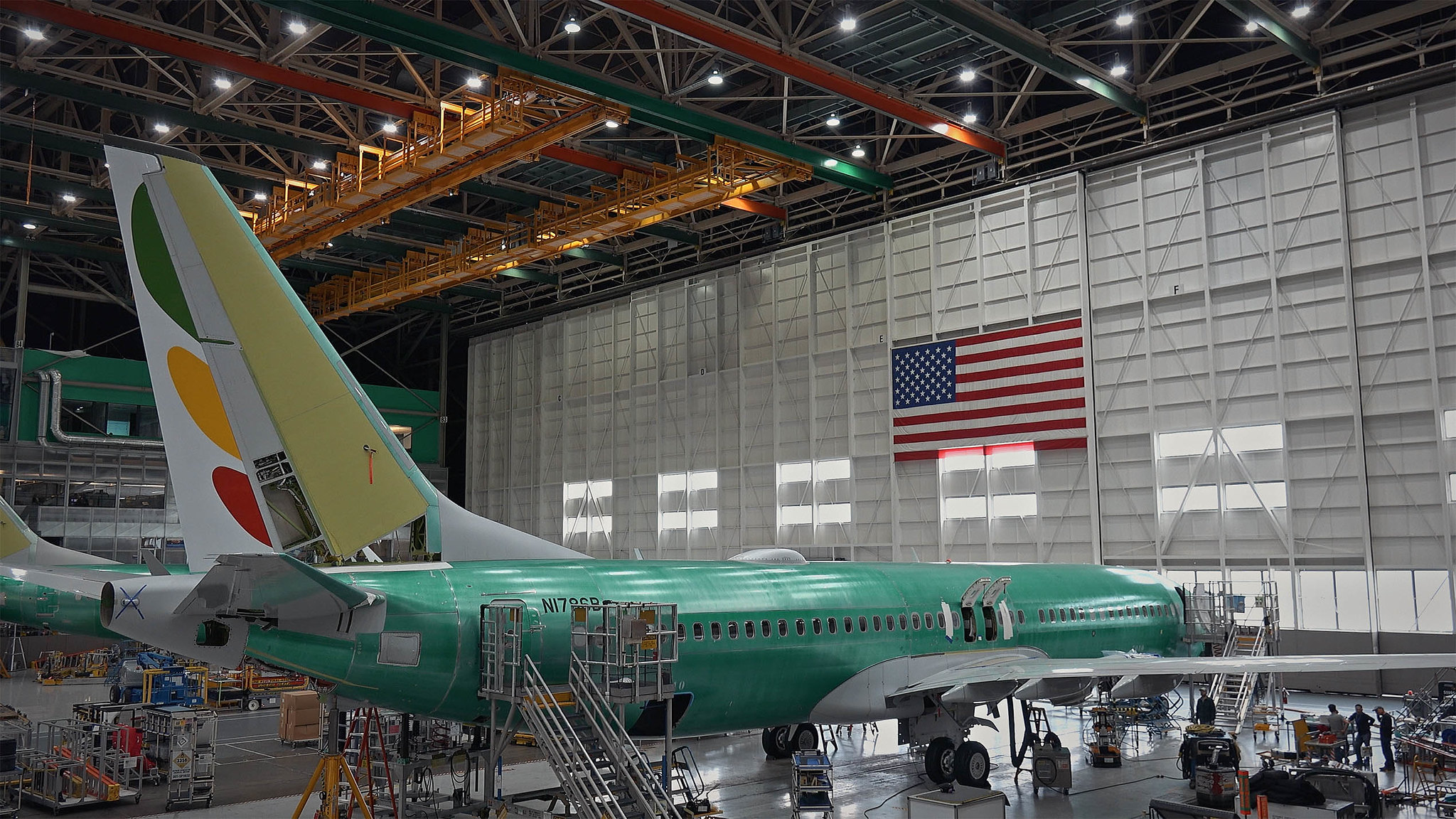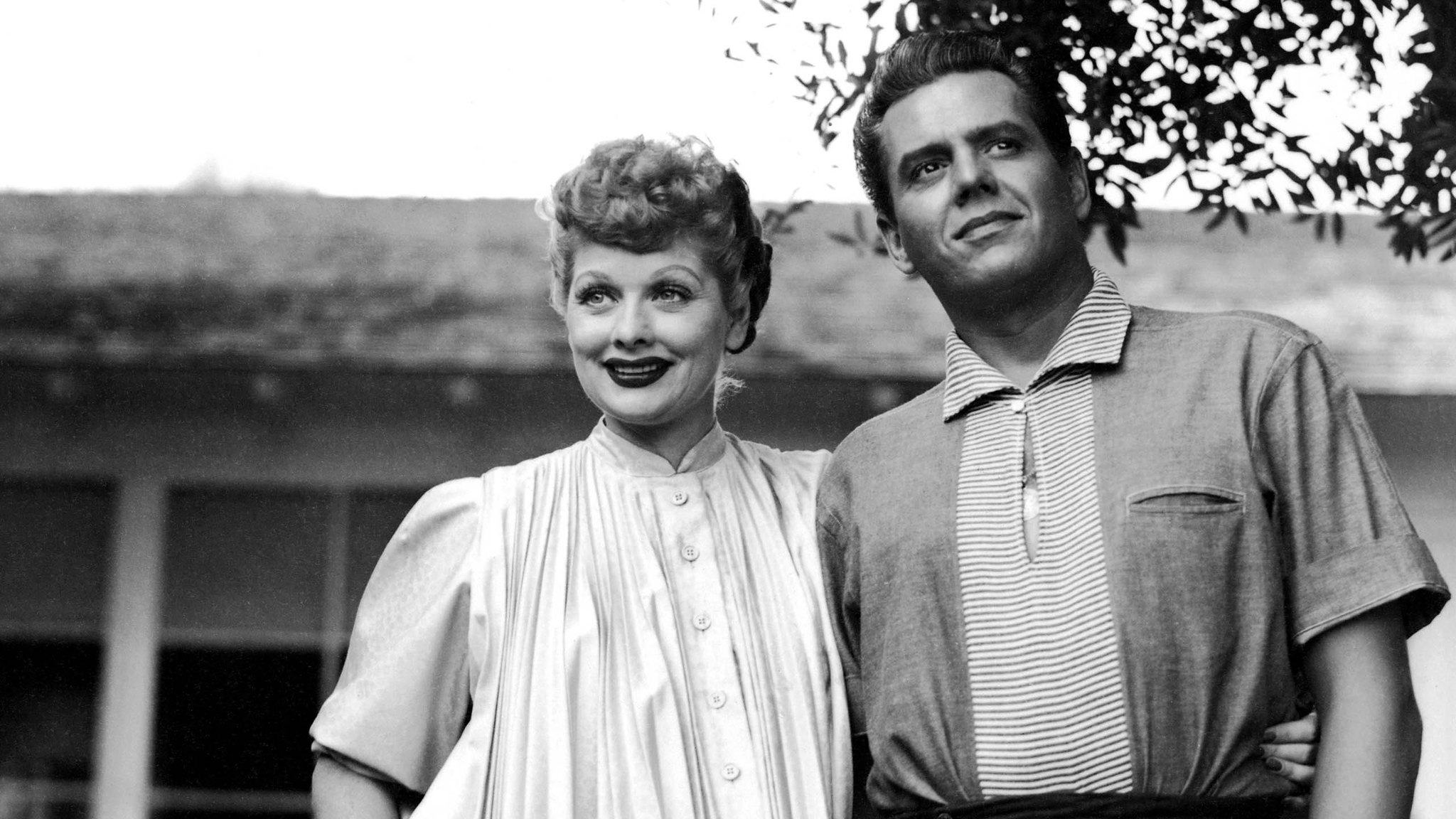Downfall: The Case Against Boeing
(USA, 89 min.)
Dir. Rory Kennedy
Programme: Premieres (World Premiere)
Back in 2018, when a newly commissioned Boeing plane flying under the designation Lion Air Flight 610 was destroyed on impact in the Java sea killing all aboard, all signs pointed to everywhere but the manufacturer. For decades, the culture of Boeing was one where safety came first. (The quote “If it’s not Boeing, I’m not going” is cited.) It was almost unheard of for such a new model to have any issue that would cause catastrophic failure. It must have been the pilot, or the maintenance teams, or the discount Indonesian airliner that had a record of issues in the past.
For weeks, the story bubbled in the press, as any air disaster nowadays is, thankfully, an extremely rare occurrence. While tens of thousands die every year on roads in cars, the nature of air travel still sparks a unique kind of fascination and fear for some especially when things go wrong. You can get into a fender bender without any major consequences, but when things go wrong while travelling hundreds of knots per hour, they go very, very wrong.
Five months later, another Boeing plane, the same 737 Max model, experienced another catastrophic crash soon after takeoff. Instead of smashing into water, the Ethiopian Air Flight 302 slammed into the ground like a bomb, cratering the land and literally digging itself down into the soil. It was clear there was something wrong with these planes beyond training lapses or pilot error. After further delay from an extremely reticent FAA, the entire line of aircraft was finally grounded by the Trump administration.
Filmmaker Rory Kennedy sets out to contextualise both the lead-up to these crashes and the changing culture of Boeing over the last few years. She employs a wide range of talking-head interviews from ex-employees and journalists, pilots (including the famous Sully “We may end up in the Hudson” Sullenberger), and family members of the victims. Overall, the film gives an overview of the situation that covers the major beats of the story, and focusses its ire on how the merger with military contractor McDonnell Douglas back in 1997 resulted in a significant shift in Boeing’s operational culture that may well have contributed to these crashes.
Kennedy uses animated CGI recreations for the Lion Air and Egyptian flight crashes that are obviously faked, in order to avoid any audience misunderstanding that this was real cockpit footage of the plane going down. With flight data and other information, one gets a reasonably concise understanding of what took place and when, as well as the larger concerns that are raised by these incidents.
Unfortunately, as a film, it’s extremely frustrating, both stylistically and journalistically. While the facts are complex, some sweeping generalizations mask some of the more nuanced aspects of the storyline. The whole MCAS debacle, and the use of software to make up for a fundamental aspect of the flight’s airworthiness, has opened up numerous lines of inquiry, especially regarding the declaration of flightworthiness by the FAA and the initial decision to avoid letting pilots know about such a system. The push for cheaper and more fuel-efficient planes need not be seen as nefarious in order to have these unintended consequences. The way the film wishes to find a more simplistic mode of reasoning (i.e., that it’s all Boeing’s avarice that’s to blame) misses a far more insidious narrative regarding the air industry as a whole.
For those viewers who simply never read the news reports at the time, the doc may feel somewhat revelatory, but in general, it has even less detail than the Wikipedia pages on the flight disasters. It’s an economy class airplane meal version of a story worthy of fine dining, conveniently packaged for easy consumption but neither fulfilling or particularly tasteful.
Downfall also completely fails what I call the “Frontline rule,” where a documentary purporting to be done as a cinematic work (playing in a film festival, for one) can’t live up to the made-for-public broadcast version of the same story. One need only look at this program to see how the storyline can be covered in a much more interesting and compelling way, eschewing the unnecessary flourishes and manipulations and instead speaking to the truth of the story.
Kennedy’s film is frankly boring and poorly made, with sweeping comments left unchallenged, and a general sense of both panic and blame. It’s thesis about the merger is also hardly revelatory – one need only look at articles from soon after the crash that spell it all out. Even the recreations where we see the Wall Street Journal’s reporter making calls (from a personal phone?) feels like watching bad acting, almost as plastic as those CGI recreations.
An important narrative marred by sloppy and disjointed filmmaking, the downfall of Downfall lays strictly on its dreariness mixed with polemic as a cinematic work. Lacking subtlety or nuance, it serves little more than to scare people about the situation that clearly they were ignoring up to this point. Netflix will have plenty of people who will watch this doc and learn this stuff for the first time, which is an indictment as much about a general lack of media literacy on such matters but also how few tend to go beyond the headlines that affect people on the other side of the world.
Already social media is awash with people making calls to boycott ever flying on any Boeing plane, as if somehow that would bring back the lives of those lost or somehow reward those that are fighting to make the airways safer. It’s a strange, kneejerk reaction made from a programme that’s meant to generate such consternation, and for a particular audience that craves advocacy docs like this this that are simple enough to have something targeted to get mad at they’ll find enjoyment.
Instead, I found a relatively vulgar take on the situation, missing the opportunity to use both the nature of the investigation and the very real expertise and experiences of those interviewed to craft a though provoking, deeper probe of the situation. Instead, Downfall flies too close to the surface, no small irony for a show about crashing soon after take-off.
Downfall: The Case Against Boeing premiered at the 2022 Sundance Film Festival and screens on Netflix later this year.













